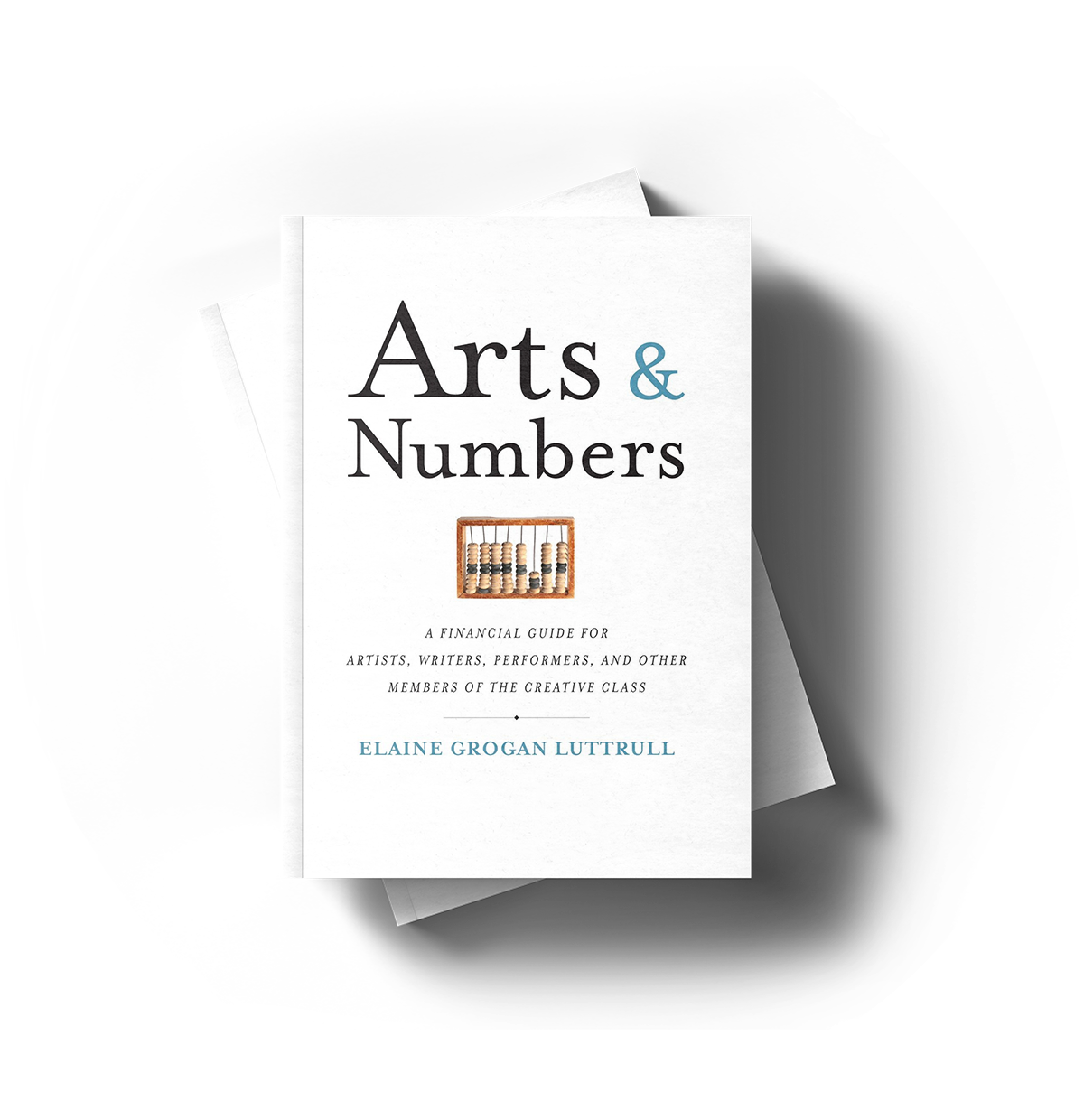July 17, 2013 • Events & Media
I am so excited to announce that I’ll be presenting a paper called, “When I Grow Up I Want to Budget: The Connection Between Non-Art Tasks and a Successful Art Career,” at the Southeastern Conference of Art Colleges in Greensboro, North Carolina this fall.
The conference program is amazing, and I lost count of the number of presentations, panel discussions, and thought-provoking abstracts I read. I suspect I’ll need to clone myself to be able to attend everything that piques my interest.
My session is scheduled for 10:15 on November 1 as part of a panel discussion on the Integration of Art and Entrepreneurship, hosted by Kevin Conlon of the Columbus College of Art and Design. (I’m biased, but I think he is one of the best activists for this particular topic, and I’m thrilled to be working with him in this context.)
Read more about the conference via SECAC’s website or mine, and check out the abstract of my paper below. (Don’t worry… I know no one actually says they want to grow up and budget.) Now I just have to research and write the rest…
Abstract
When I Grow Up I Want to Budget
The Connection Between Non-Art Tasks and a Successful Art Career
As far as I can tell, “When I grow up, I want to budget,” was never uttered by a single child. Ever. And yet, managing financial aspects of our lives is central to almost all we do, both personally and professionally. Entrepreneurs – even artistic ones – spend upwards of 50% of their time on administrative tasks related to running a successful business. These tasks include engaging with the professional community, attending meetings that may or may not result in work, sending emails and follow-up emails, promoting a professional accomplishment or a show, reviewing contracts, paying taxes, and yes, budgeting. All of these tasks are vital to sustaining a career, and yet our educational system relegates these skills to a fraction of our education, usually in the form of one required professional practice course led by someone with personal experience, but perhaps not business credentials.
This paper will address the importance of introducing students to entrepreneurial and professional practice skills in a more coherent and technical manner to help prepare students for the realities of sustaining a creative career. It will also address what the author has found to be the most effective way to present these skills to students to maximize relevance and retention.


